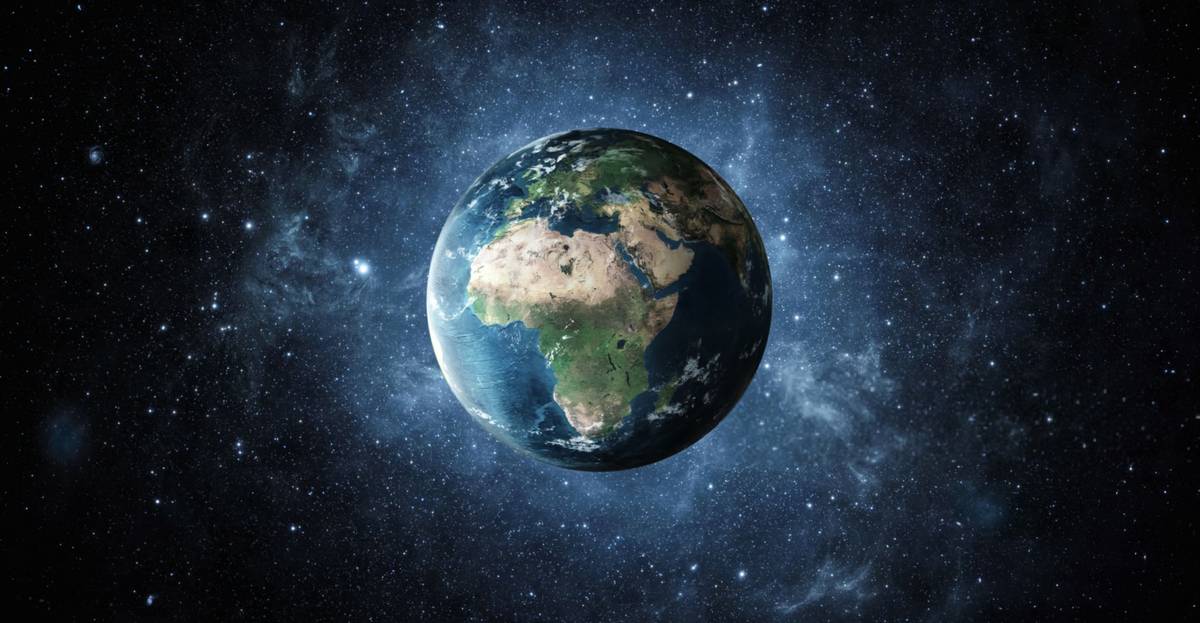Understanding the Influence of Polar Ice Melting on Earth's Rotation and Climate
Tuesday, 16 July 2024, 12:23

Impact of Polar Ice Melting on Earth's Rotation
The researchers have discovered that the melting water from Greenland and Antarctica is redistributed around the equator, impacting the Earth's rotation.
Insights on Climate Change
This phenomenon illustrates the interconnected nature of climate systems and the consequences of melting polar ice on global weather patterns.
- Sea Level Rise: The redistribution of melting ice can contribute to rising sea levels, posing risks to coastal communities.
- Weather Systems: Changes in water distribution can influence weather patterns worldwide, leading to more frequent and severe extreme events.
- Environmental Stability: Understanding the link between ice melt, greenhouse gases, and climate can inform strategies to promote environmental resilience.
This article was prepared using information from open sources in accordance with the principles of Ethical Policy. The editorial team is not responsible for absolute accuracy, as it relies on data from the sources referenced.